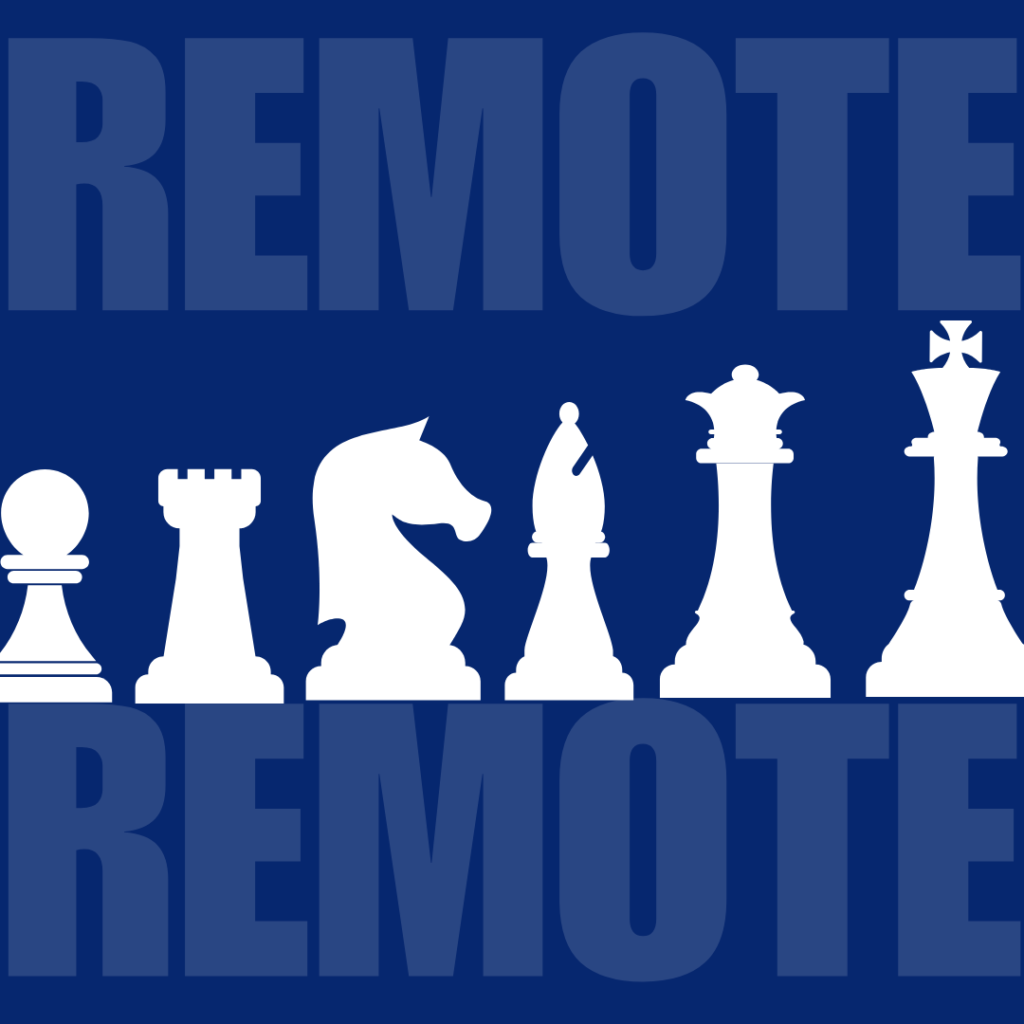
10 Mistakes HR Managers Often Make
10 Mistakes HR Managers Often Make
Human Resources is one of the most vital functions in any organization. A strong HR strategy supports company growth, employee satisfaction, and legal compliance. However, even experienced HR managers can fall into common traps that affect hiring, culture, and performance. Here are 10 frequent mistakes HR managers make — and how to avoid them.
1. Poor Hiring Decisions
Hiring too quickly or without clear criteria can lead to misalignment. Focusing only on qualifications, rather than cultural fit and long-term potential, often results in high turnover.
2. Inadequate Onboarding Processes
Failing to properly onboard new hires reduces engagement from day one. Employees need structured onboarding, clear expectations, and early support to succeed.
3. Lack of Regular Feedback
Many HR managers wait for annual reviews to address performance. Without consistent feedback, employees feel disconnected and unsure of where they stand.
4. Ignoring Employee Development
A focus on hiring without growing internal talent is short-sighted. Lack of training, mentorship, and career paths leads to demotivation and high attrition.
5. Weak Communication Practices
HR is the bridge between employees and leadership. Poor communication causes misunderstandings, distrust, and a lack of alignment.
6. Not Addressing Toxic Behavior
Avoiding difficult conversations or failing to act on complaints allows toxicity to spread. HR must enforce company values and address misconduct promptly.
7. Misunderstanding Labor Laws
Not staying up to date with employment laws and regulations can lead to serious legal issues. Compliance should be a constant priority, not an afterthought.
8. Overlooking Diversity and Inclusion
Diversity goes beyond hiring quotas. Ignoring inclusion, equity, and cultural awareness weakens team cohesion and damages employer branding.
9. Focusing Too Much on Policy Over People
Rigid processes and excessive red tape make HR seem disconnected. Balancing structure with empathy is key to building trust and a positive culture.
10. Not Using Data Effectively
Modern HR should be data-driven. Failing to analyze metrics like retention, engagement, and performance limits strategic decision-making.
HR managers play a crucial role in shaping company culture and workforce success. Avoiding these common mistakes leads to stronger teams, better retention, and a healthier organization overall. Great HR isn’t just about rules — it’s about relationships, growth, and alignment with business goals.
